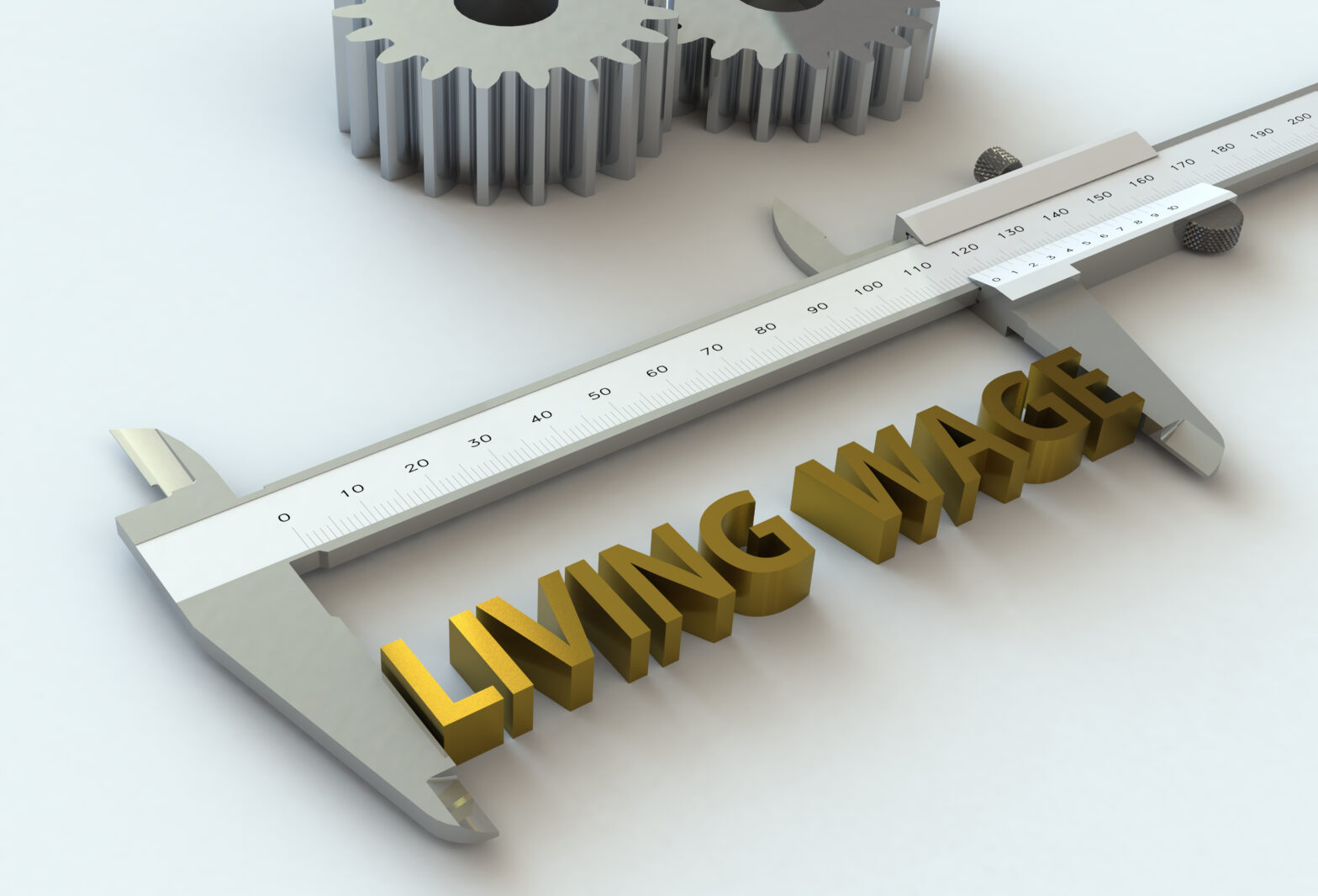Chancellor Philip Hammond has revealed in the Autumn Statement 2016 announcement that the National Living Wage will go up from £7.20 to £7.50 from April next year for workers aged over 25, which could mean increased pressure on the margins of small businesses in many sectors.
The increase is expected to give a much-needed boost to the pay packets of low income workers, representing a pay rise worth over £500 a year to a full-time worker, but small businesses in many sectors will undoubtedly feel the squeeze, particularly in sectors such as hospitality.
In August, almost 200 employers who failed to pay their workers the legal minimum were been publicly named. The message was, whether you are a corporate with massive profits or a small business with three members of staff, you have a responsibility to comply with a law that was introduced in the name of ‘fairness’.
Louise Boland, managing director at Opus Energy says, ‘There is no denying that raising the National Living Wage will put added financial pressures on small businesses, not least because they already have the pensions regulations to adhere to by 2017.
‘However, this move should not be seen as merely a goodwill gesture. Ultimately raising the living wage makes good business sense. The extra 30p an hour has the potential to reduce staff turnover, close the gender pay gap (with more than three million women set to benefit), boost employee engagement, along with the benefits to the economy via an incremental boost to disposable income. This is clearly a step in the right direction for society and business.’
The first annual increase in the National Living Wage, which was introduced in April at £7.20 an hour for workers aged 25 and over, brought it closer to the government’s 2020 target of £9 an hour, but still left it well below the independently-calculated Living Wage of £8.45 across the UK and £9.75 in London.





